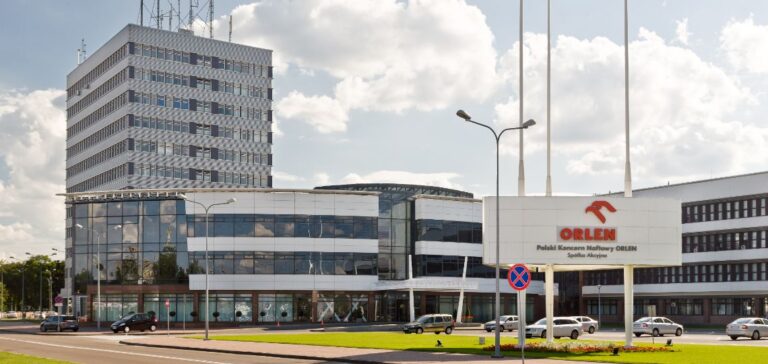Energy group ORLEN has launched a market study to evaluate supply prospects for ammonia produced from renewable and low-carbon hydrogen sources. The initiative aims to reduce the carbon footprint of the company’s operations, particularly in fertiliser production at its Anwil plant located in Włocławek, Poland. It also involves discussions with potential suppliers and industrial partners.
Industrial use and supply strategy
ORLEN’s initiative targets long-term supply contracts for ammonia made from renewable fuels of non-biological origin (RFNBO), as well as ammonia derived from low-carbon hydrogen. These feedstocks will be integrated into the company’s chemical fertiliser manufacturing processes and used to lower emissions across its downstream operations.
In the coming years, ORLEN intends to begin pilot deliveries of low-carbon ammonia. These trials aim to measure the actual reduction of greenhouse gas emissions throughout the full ammonia supply chain. At the same time, the group is assessing opportunities for equity partnerships within the ammonia value chain, although no specific entities have been identified at this stage.
Long-term outlook and regulatory context
As part of its energy planning, ORLEN expects a significant rise in demand for renewable or low-carbon hydrogen, forecast to reach approximately 350,000 tonnes annually by 2035. This projection is aligned with the group’s scenario planning for a low-emission energy transition.
The renewable ammonia initiative also corresponds with the European Union’s REDIII (Renewable Energy Directive III), which mandates that RFNBO hydrogen account for 42% of industrial hydrogen use by 2030 and 60% by 2035, excluding uses for fuel production and direct energy consumption.






















